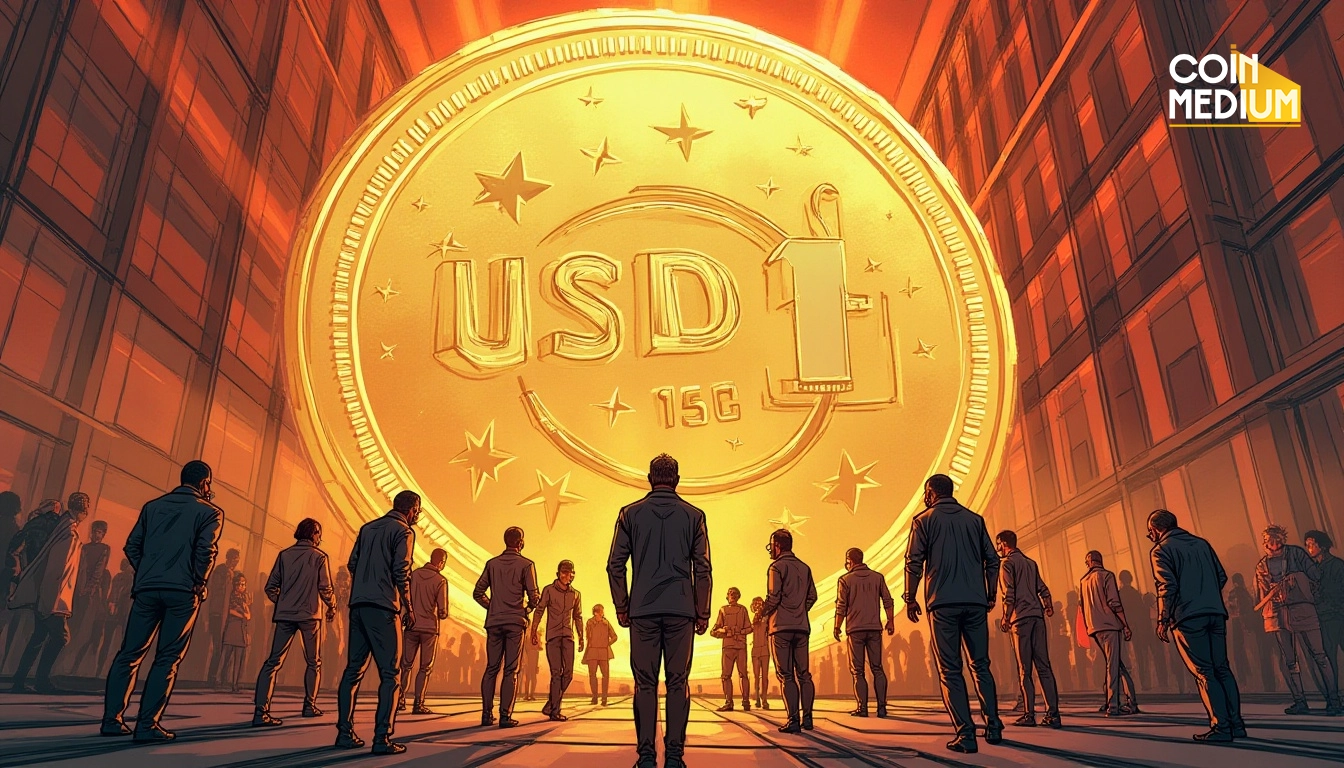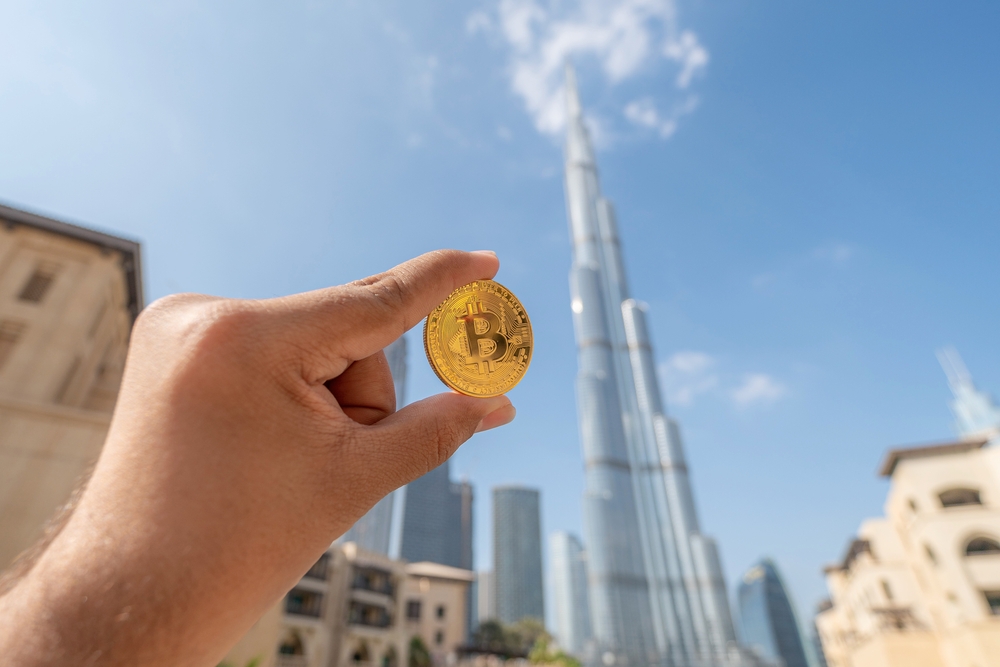South Korea’s central bank has just embarked on a pioneering study into the marriage of deposit tokens with public blockchain networks. Bank of Korea Vice Governor Lee Jong-ryeol shared a big idea at the Blockchain Leaders Club event. He sees a future where government-backed digital money and private stablecoins can work together smoothly. This plan is an important step in the world of digital currency. It introduces something new called deposit tokens, a type of stablecoin that’s controlled by the central bank. These tokens aim to combine the safety of traditional banking with the benefits of blockchain technology. Last week,…
-
-
French banking giant Société Générale (SG) makes waves in the world of digital assets with the launch of a U.S. dollar-backed stablecoin. This is also the first time a traditional financial institution, American or otherwise, has released a token for use on public blockchains, in France. The move follows the bank’s 2023 debut of EUR CoinVertible (EURCV), a euro-backed stablecoin, and cements its commitment to blockchain innovation through its digital asset subsidiary, SG Forge. Aimed at institutional investors, the token will directly challenge dominant players such as Tether (USDT) and Circle (USDC) in the $250 billion dollar stablecoin market. With…
-
Binance announced the listing of USD1, a stablecoin issued by World Liberty Financial (WLFI), marking a significant development in the growing stablecoin market. Binance, world’s largest cryptocurrency exchange, said spot trading for USD1 will go live on May 22 at 12:00 UTC. Binance confirmed that BNB has been used as the listing fee for USD1, and noted that withdrawal times are estimates, urging users to monitor the platform’s withdrawal page for updates. What is USD1? USD1 is a fiat-backed stablecoin pegged 1:1 to the U.S. dollar. It was launched in April 2025 and currently trades at approximately $1.0018. The listing…
-
Lee Jae-myung, leader of South Korea’s Democratic Party, has proposed the introduction of a stablecoin pegged to the Korean won to encourage domestic crypto investors to focus on the local market rather than overseas platforms.Currently, South Korean regulations prohibit the issuance of won-backed stablecoins, leaving local exchanges dependent on U.S. dollar-based alternatives. To support this initiative, he proposed implementing an integrated monitoring system and reducing transaction fees, aiming to make cryptocurrency more accessible while ensuring government oversight. Crypto exchanges in South Korea recorded $40.8 billion in asset outflows, between January and March, nearly half of which were linked to foreign…
-
The Federal Reserve’s Community Depository Institutions Advisory Council (CDIAC) suggested regulatory measures to address the risks posed by stablecoins issued by non-bank institutions, according to records from an April 10 meeting revealed by PANews. CDIAC raised concerns that stablecoins could encourage people to pull their money out of traditional bank accounts, therefore, the committee recommended bringing stablecoins under existing financial regulations to prevent this kind of disruption. The chairman of the U.S. Federal Reserve said: “Stablecoins hold significant appeal, but we must prioritize appropriate regulation to ensure the stability of our financial systems.” Unlike traditional banks, stablecoin issuers are not…
-
Telegram has taken measures to dismantle Haowang Guarantee, reportedly the world’s largest illicit crypto marketplace, but stablecoins continue to be used in illegal activities. Telegram recently blocked thousands of channels tied to Haowang Guarantee, an online platform reportedly responsible for laundering over $27 billion in transactions, primarily in the stablecoin Tether (USDT). Haowang Guarantee catered largely to Southeast Asian cybercriminals involved in crypto scams, personal data sales, and other illicit tech services, according to reports. The crackdown also targeted Xinbi Guarantee, linked to money laundering and sex trafficking. It is believed that together, the two platforms moved more than $35…
-
Taking a significant step toward digital finance, Dubai’s Department of Finance (DOF) has partnered with global cryptocurrency platform Crypto.com allowing residents and businesses to pay for government services via cryptocurrency using Crypto.com’s digital wallet which will then automatically be converted into Emirati Dirhams (AED) and transferred securely to Dubai Finance accounts. The specific cryptocurrencies supported for this venture are yet to be announced; however, the initiative will rely on stablecoins to ensure smooth and secure transactions. The initiative was announced at the Dubai FinTech Summit and the move emphasizes the emirate’s commitment to a cashless, tech-driven economy, fostering secure, efficient,…






